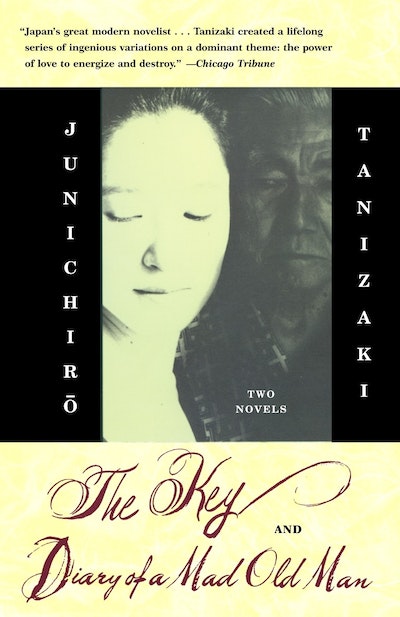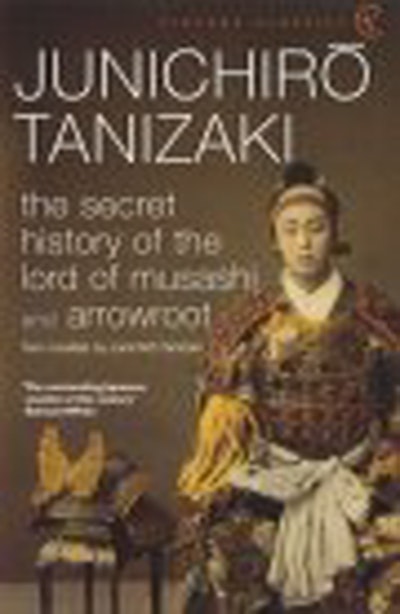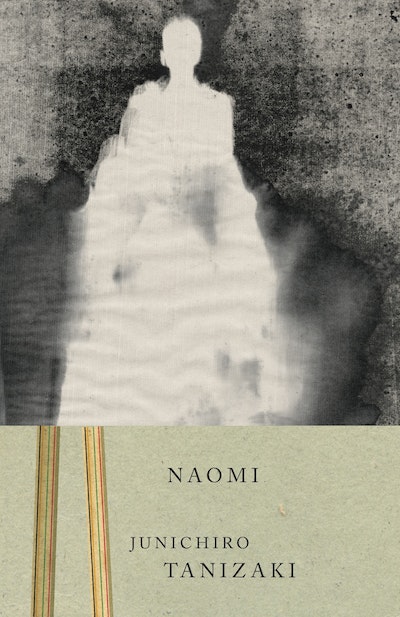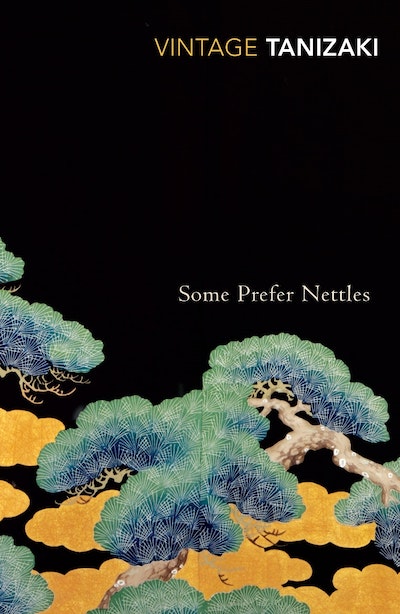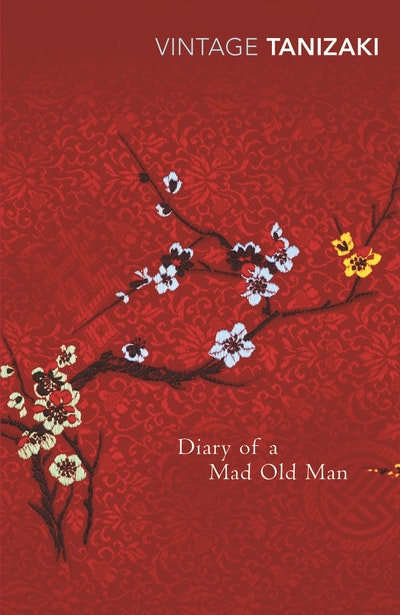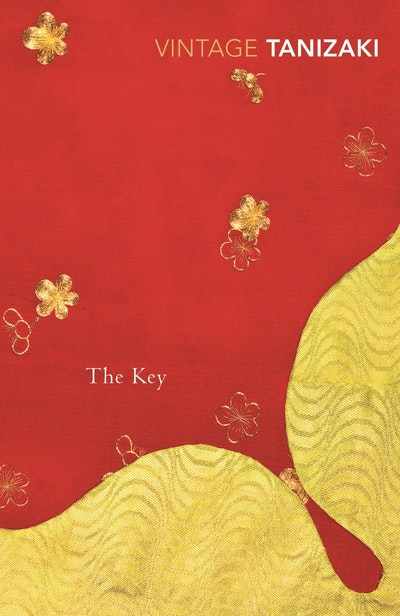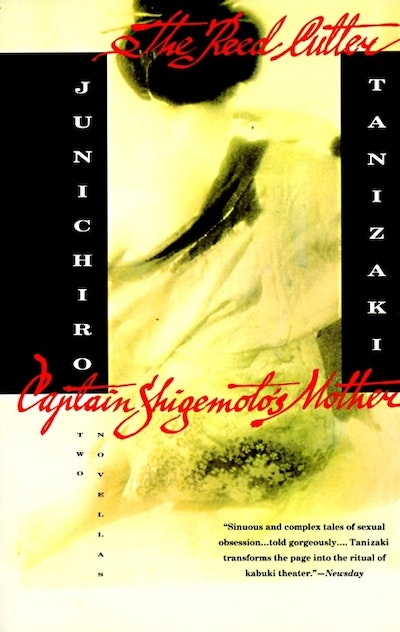- Published: 1 June 2001
- ISBN: 9780099283577
- Imprint: Vintage Classics
- Format: Paperback
- Pages: 80
- RRP: $26.00
In Praise of Shadows
- Published: 1 June 2001
- ISBN: 9780099283577
- Imprint: Vintage Classics
- Format: Paperback
- Pages: 80
- RRP: $26.00
An elegant essay on traditional Japanese aesthetics by the great novelist. A delight to read
Independent on Sunday
A highly infectious essay lauding all things shady and subtly hidden
Guardian
The outstanding Japanese novelist of this century
Edmund White
This is a powerfully anti-modernist book, yet contains the most beautiful evocation of the traditional Japanese aesthetic... More like a poem than an essay
Building Design
I am convinced that Tanizaki is one of the few great writers of our time. He is an author of outstanding stature and deserves to be far better known outside Japan than he is
Ivan Morris
That it is a work of art can never be in doubt
New Statesman
It comes to remind the Western reader that the razzle dazzle of electric lighting was foreign for thousands of years … above all, it highlights the fact that shadow is inseparable from our holistic and spiritual relationship with light
Lighting
An elegant essay on traditional Japanese aesthetics by the great novelist. A delight to read
Independent on Sunday
A highly infectious essay lauding all things shady and subtly hidden
Guardian
The outstanding Japanese novelist of this century
Edmund White
This is a powerfully anti-modernist book, yet contains the most beautiful evocation of the traditional Japanese aesthetic... More like a poem than an essay
Building Design
That it is a work of art can never be in doubt
New Statesman
I am convinced that Tanizaki is one of the few great writers of our time. He is an author of outstanding stature and deserves to be far better known outside Japan than he is
Ivan Morris
It comes to remind the Western reader that the razzle dazzle of electric lighting was foreign for thousands of years … above all, it highlights the fact that shadow is inseparable from our holistic and spiritual relationship with light
Lighting


